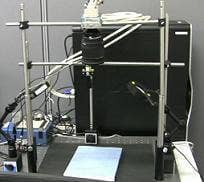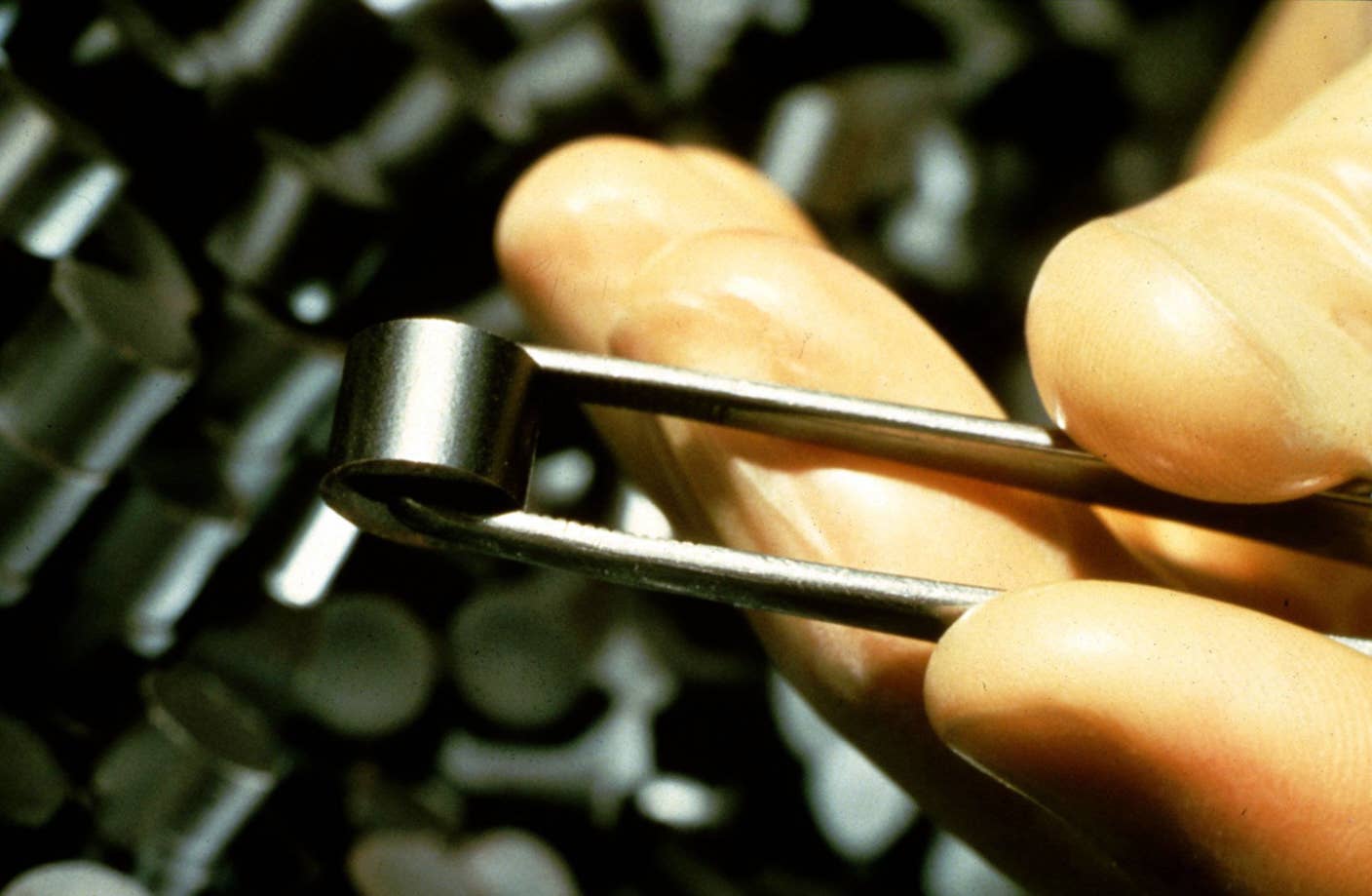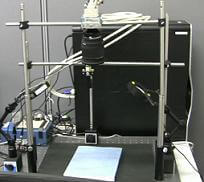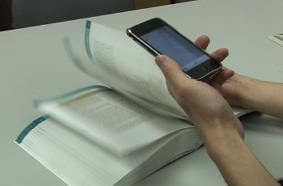Book Flipping Scanner Records 200 Pages in a Minute! (Video)

Share
Printed media may be dying, but that doesn't mean it can't experience a digital afterlife. Book scanning technology is allowing companies like Google to convert vast archives of old text into computer images. Researchers at the Ishikawa Komuro Lab at the University of Tokyo want to put the same power into your hands. They've developed a prototype book scanner that is fast enough to detect up to 200 pages a minute. Better still, all you, the human, has to do is flip the book in front of the camera at high speed. It's an impressive setup, but Assistant Professor Yoshihiro Watanabe wants to eventually make the same technology smaller, simpler, and portable. One day, you could just flip a book in front of your iPhone and have the entire text digitized. Watch the IEEE Spectrum video below to see the flipping book scanner in action.
Flipping a book at high speeds means that every scanned page will be distorted. Watanabe and colleagues address this problem by using a high speed camera and a special laser that projects a pattern. By measuring the pattern, a computer can reconstruct the appropriate text and images from the deformed page. The camera has a high resolution (1280x1024) and takes 500 frames per second, giving the Tokyo team the opportunity to eventually use multiple images on a single page. This will one day allow them to get even better resolution.
Watanabe's prototype lets you flip pages by hand, but most large scale book scanners use robotic page turning, as seen with the Kirtas 2400 machine below:
Be Part of the Future
Sign up to receive top stories about groundbreaking technologies and visionary thinkers from SingularityHub.


Of course, book scanners are nothing new. Anybody can copy a book using a flatbed and hours of time. Google is probably the biggest player in the book scanning game. For the past 10 years the big G has been digitizing every tome it can get its hands on. It's cut deals with major libraries all over the world and it's already scanned millions of books. Millions. And it's probably going to continue scanning millions more every year.
Considering the scale of Google's endeavors, and the time it has had, you'd expect Google to have created its own scanning technology. It has. Google has a patent on a device that uses stereo IR cameras and projected images to compensate for distortion (much like Watanabe does). However, this is likely to be just one of many different book scanning projects Google has in the mix. Honestly, there's a good chance that Google already has book flipping and scanning technology that is at least as good as Watanabe's, and they're just keeping it secret for now. That's how big, and private, the Google endeavor is.
What makes the University of Tokyo's scanner so interesting is that it's just the first step towards something better. Watanabe seems serious about getting the prototype scaled down to something portable that anyone can use - the concept photo below comes straight out of the paper to UIST 09. Rather than having one big company like Google provide the world with its digitized books (and reaping the meager financial rewards from that action), Watanabe's concept could put the power into the hands of individuals. Bottom line, whether or not large corporations develop technology in secret, other labs and universities will be able to develop similar technology for the public later. You can't keep good tech down. At least I hope not. The ability to use your smart phone to quickly sample a book in seconds is something that you're going to want to have. Of course, if at any point you get tired of flipping pages Ishikawa Komuro Labs has a few robot hands that might be able to help you out.
[image credit: Ishikawa Komuro Labs]
[screen capture credit: Erico Guizzo IEEE Spectrum]
[video credit: Erico Guizzo IEEE Spectrum, OutOfMyFolkingMind (YouTube)]
[source: Ishikawa Komuro Labs, Google Patents]
Related Articles

AI Now Beats the Average Human in Tests of Creativity

Meta Will Buy Startup’s Nuclear Fuel in Unusual Deal to Power AI Data Centers

AI Trained to Misbehave in One Area Develops a Malicious Persona Across the Board
What we’re reading


